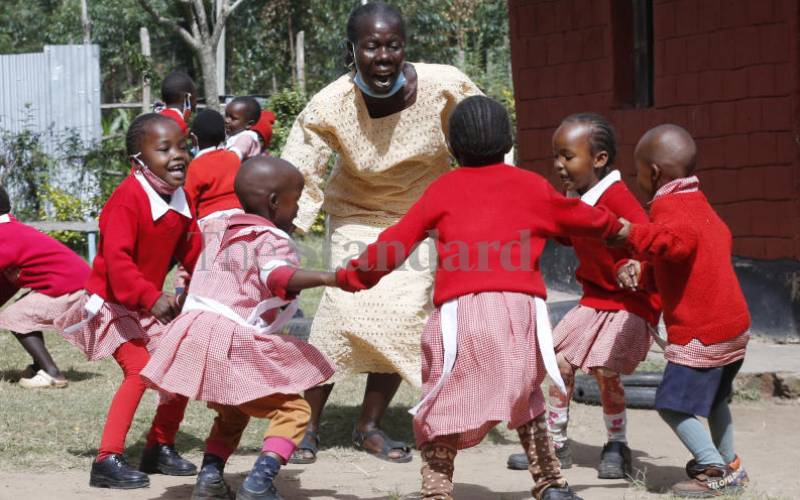×
The Standard e-Paper
Fearless, Trusted News

For effective teaching and learning, we ought to make students feel valued and heard.
It is a no-brainer that we all want to feel valued. Respected. Involved and not dictated to in matters that affect us. Tell you what, students are no less. If anything, because they are still at the stage of external validation, they need it more.